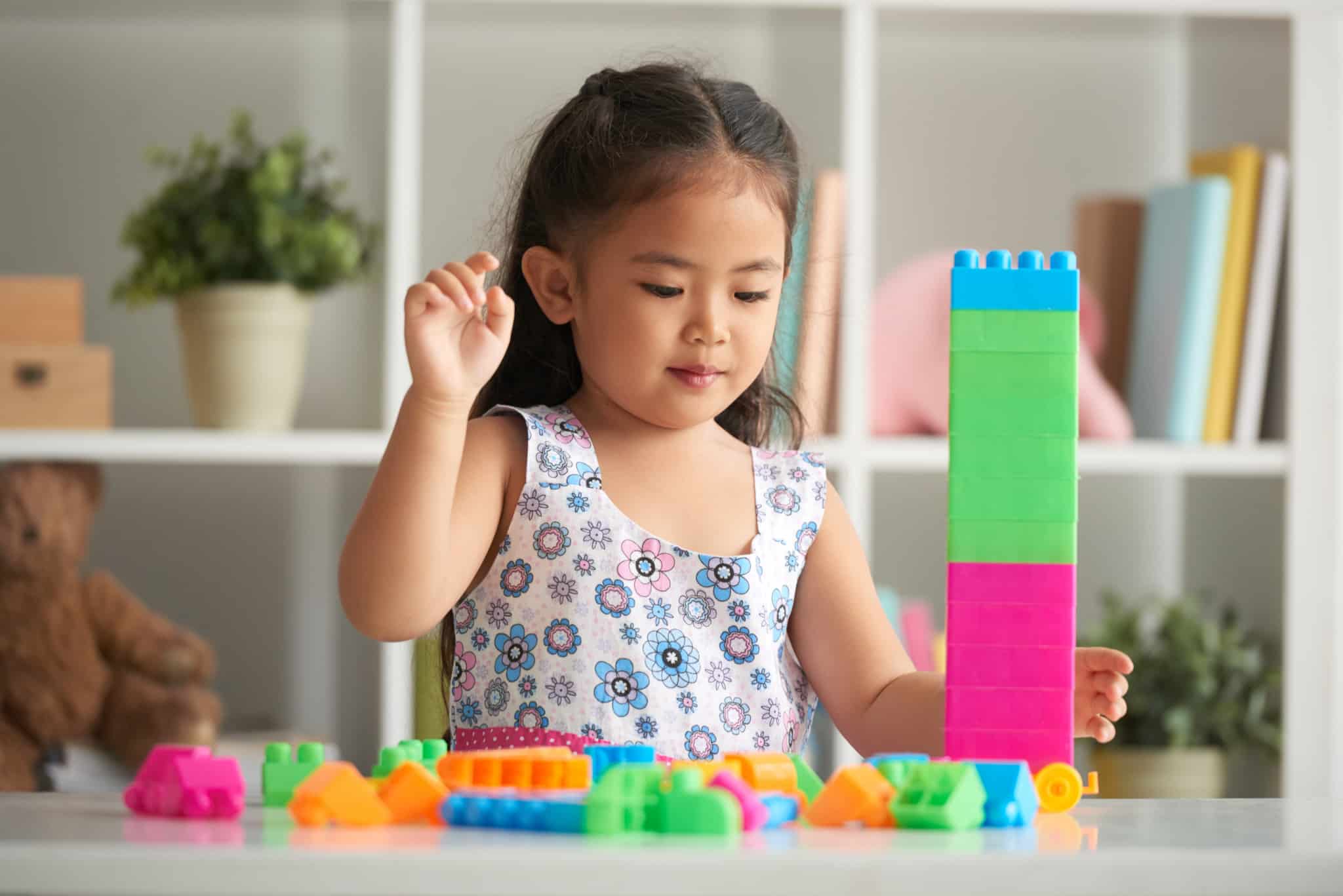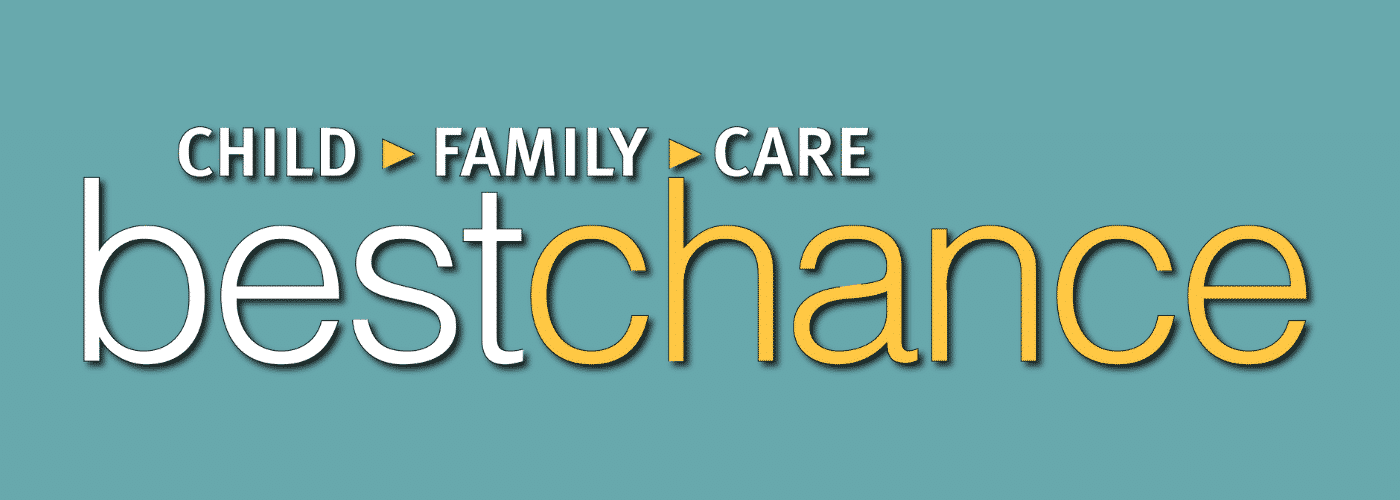Young Learners Reap Long-Term Benefits: Early Childhood Education
With 3-year-old kindergarten being rolled out for Victorian children who begin their education journey in 2022, we took a look at what makes an early childhood centre so useful for early childhood development and how early learning can provide youngsters with long-term benefits stretching way into adulthood.
There is clear evidence from Australia and overseas that the early years of a child’s life have a big impact on their future health, development, learning and wellbeing.
Research from the Australian Early Development Census, which includes data from almost 300,000 early learners, shows investing in resources to support children in their early years of life brings long-term benefits to them and the whole community.
So how is your child benefitting? Early childhood education can help your child make friends, develop independence and learn new routines, and there are a number of key benefits to a quality early learning program…
LANGUAGE AND COGNITIVE SKILLS
The quality of children’s early learning environments and their experiences at the right stages of development are “crucial determinants in building the brain’s architecture”, according to Australian Government data.
Supportive learning environments in kindergartens and early learning centres allow for play-based learning, which facilitate language and emotional skills as well as the development of creativity and imagination
Although it may look like simply children playing, experienced early childhood educators create and facilitate new learning experiences for children to encourage constructive learning, imaginative play and the development of language and cognitive skills.
IMPROVED SOCIAL INTERACTION
Studies of early education have identified a connection between children’s participation in early education and improved social skills. From ages 3 to 5 children want to play with others their age and might even have a ‘best friend’ so having them immersed in group learning environments in early childhood enables them to develop the emotional maturity required to build and maintain social relationships.
In early education settings children are encouraged to use their social skills to make friends and build appropriate relationships with educators. These kinds of skills are crucial not only for the rest of their education but later in adult life too. Early childhood educators set these foundations early through their curriculums so children learn to make healthy emotional choices and as a result are better equipped to foster positive relationships throughout their life.

POSITIVE EDUCATIONAL OUTCOMES
The Australian Early Development Census found that children who attend at least one year of early childhood education are more likely to perform well in primary school. Children who have these experiences early have the benefit of boosted cognitive development and; therefore, are likely to reach higher levels of literacy and numeracy later in their education.
This research shows that increasing the proportion of children who attend early learning from an earlier age can improve later literacy and numeracy results on a larger scale.
Early childhood educators know exactly the type of learning that is crucial to your child’s development so a kindergarten or early learning centre environment, where every game and toy is designed to help them grow and learn without them even realising it, is a great place for cultivating positive educational outcomes in the later years.
IMPROVED HEALTH AND WELLBEING
Daily routines help children feel safe and secure and early childhood education is the perfect place to help children get into a good routine while they are not at home. They’re also a great way to teach children healthy habits, like brushing their teeth or washing their hands. When children know what to expect each day, they’re more likely to be calm, settled and get into good sleeping habits. Ideally, over time this early childhood development and education will enable children to think about their daily activities, like getting dressed and packing their own bag.
Susan Pascoe AM, who wrote the Lifting our Game report writes: “High quality early childhood education also has broader impacts; it is linked with higher levels of employment, income and financial security, improved health outcomes and reduced crime. It helps build the skills children will need for the jobs of the future”.
HIGHER EMOTIONAL RESILIENCE
According to the Centre for Community Child Health at the Royal Children’s Hospital the first 1000 days of a child’s life are an opportunity to build strong foundations for development beyond this crucial stage of development, but we know that 90 per cent of a child’s brain development occurs by age 5. Quality Early Childhood Education helps your child develop emotional resilience and maturity during those first 5 years, and can have flow-on impacts in every decade of their lifetime.
Research suggests that when they start, children who attend early childhood education at 2-3 years of age are more likely to be attentive and better able to cope with their emotions. Parents can also benefit from sending their children to early childhood care, reaping social, emotional and even financial rewards from the relationships they develop with other families and educators at the centre.
BESTCHANCE IS HERE TO HELP
We understand the benefits of early childhood education and that is why bestchance children’s services are holistic in nature; catering for the diverse, and sometimes complex, needs of families and children. We have the highest quality childhood educators who understand the long-term benefits of a positive early childhood education experience.
We run childcare centres, kindergartens and family day care, and our network of early learning and care options is diverse and far reaching.
Click here to find out more or call us on 1300 224 644.

